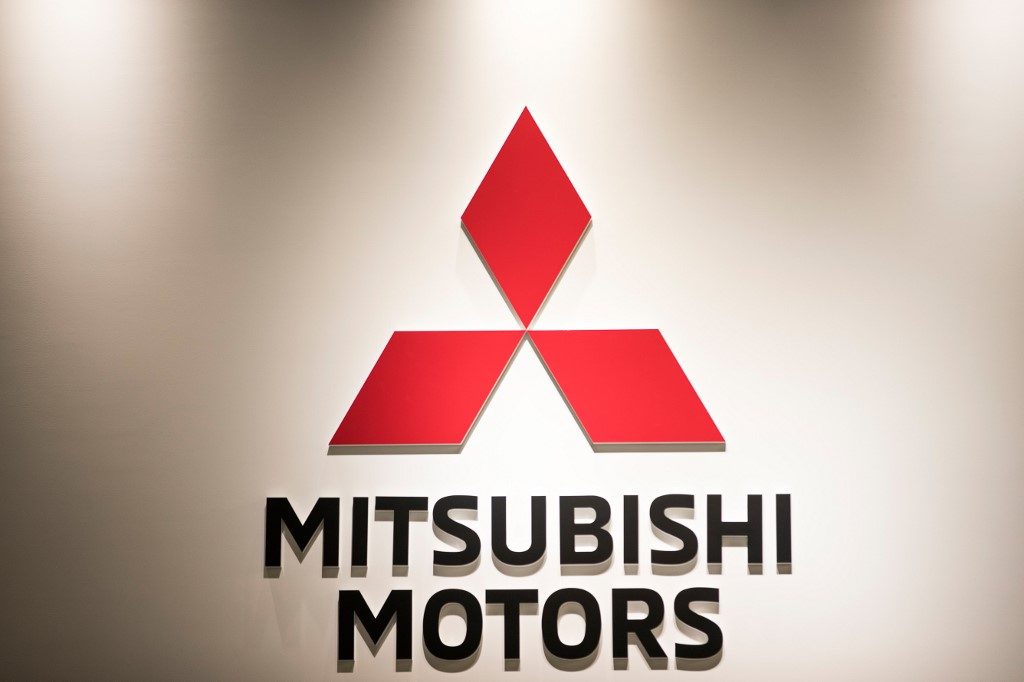SUMMARY
This is AI generated summarization, which may have errors. For context, always refer to the full article.

MANILA, Philippines – Mitsubishi Motors Philippines Corporation (MMPC) announced plans to further tap into the electric vehicle (e-vehicle) market, as demand grows for more environmentally-friendly cars.
MMPC president and chief executive officer Mutsuhiro Oshikiri told reporters on Monday, April 8, that they would have to check the feasibility of introducing these new models in the Philippines before they make any commitments.
“We need a lot of preparation for infrastructure, taxation, government rules. We have to prepare, then we can do a better job,” he added.
MMPC vice president for corporate public relations Renato Lampano added that they are working with members of the academe and the Department of Trade and Industry to look into producing e-vehicles for the Philippine market. (READ: ‘One million electric vehicles in PH by 2020’)
A study with recommendations on MMPC’s plan to tap the e-vehicle market is set to be released in April. (READ: 9 economic benefits of using e-vehicles in PH)
“Once the recommendations are getting clear, maybe then we can do [something] because the price of fuel is becoming more and more expensive, and also the pollution [emitted from cars is getting worse],” Oshikiri said.
Mitsubishi Motors Corporation (MMC) corporate vice president for ASEAN division Yoichiro Yatabe, however, said it is more feasible to manufacture e-vehicles in Thailand, which will begin by 2021. MMC will also start importing plug-in hybrid e-vehicles (PHEVs) to Indonesia from Japan this year.
“Naturally, we have to sell EVs (e-vehicles), PHEVS in the Philippines as soon as possible. But this will depend on the business with the government, and the infrastructure, but we have a very strong will to start as soon as possible,” Yatabe said.
Should MMC import e-vehicles to the Philippines, the tariffs could be scrapped under the ASEAN Free Trade Agreement. But Lampano said they are already talking to the Bureau of Customs (BOC) to remove excise taxes and customs duties for PHEVs and pure e-vehicles.
“There’s a high possibility they (BOC) will agree – the reason is that even the government officials are into [e-vehicles] and hybrid,” he added, referring to legislators batting for the e-vehicle industry’s growth in the country.
“We’re now working on it as an industry…and CAMPI (Chamber of Automotive Manufacturers of the Philippines) will issue a statement [on Senator] Win Gatchalian’s recent bill encouraging EV, even [its] infrastructure, to be supported by the government. This can be a combination of both fiscal and non-fiscal incentives.”
Despite the automotive industry being affected by higher excise taxes for cars which took effect last year, MMPC finally sold one million car units last March. Oshikiri credited this to the Outlander and Strada models released in 2018.
He added that the Outlander and the Strada can help buoy MMPC’s performance for 2019. The company is also expecting the industry to post a slow recovery toward the end of the year. – Rappler.com
Add a comment
How does this make you feel?
There are no comments yet. Add your comment to start the conversation.